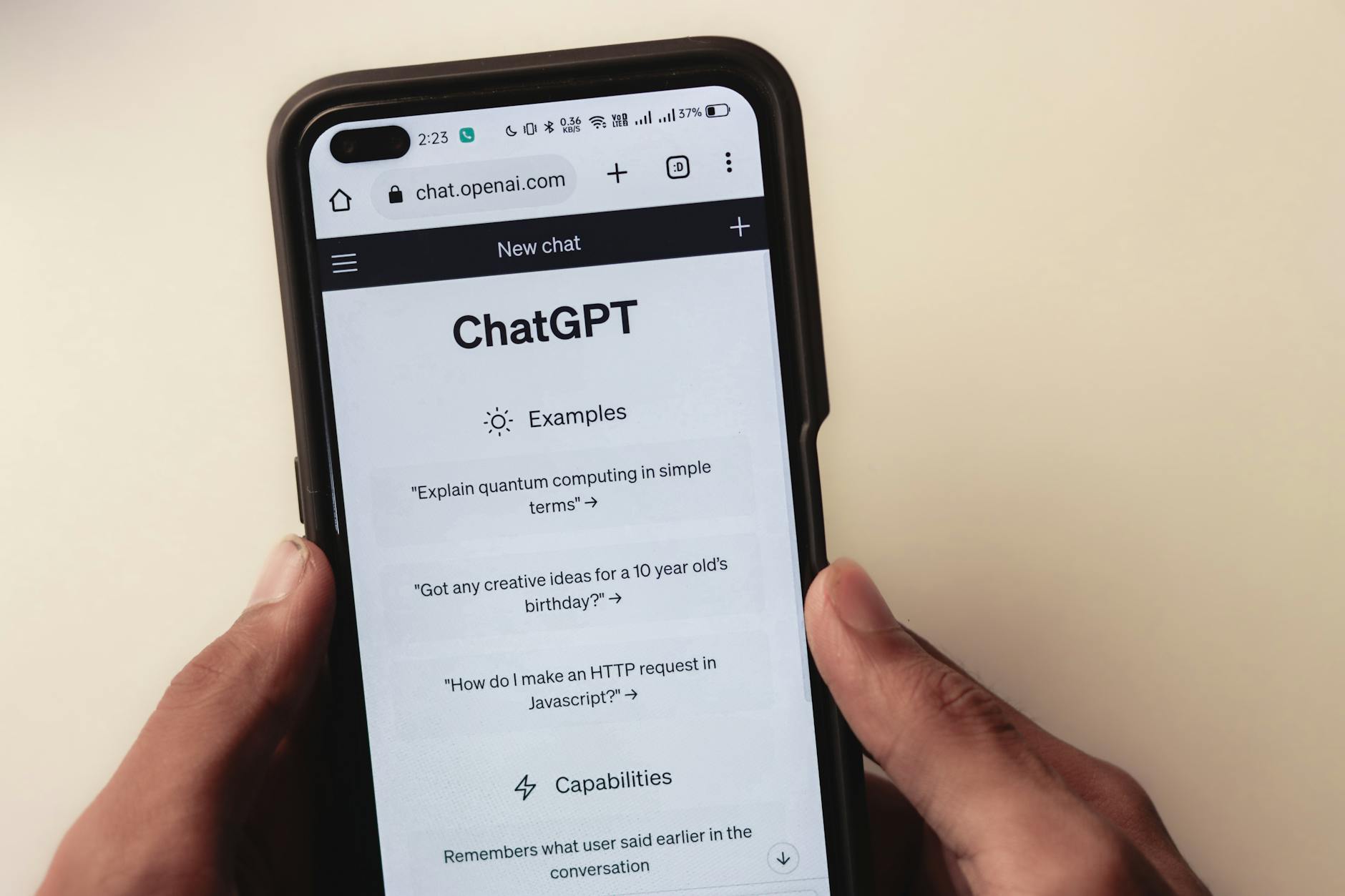Microsoft Gears Up for GPT-5 Era | New AI Debugging Tools & On-Device Privacy Take Center Stage

Key Takeaways
- Microsoft’s Copilot web app shows references to GPT-5, indicating the company is preparing for OpenAI’s next-generation model, expected in early August.
- Lucidic AI launched, offering a dedicated platform for debugging, testing, and evaluating complex AI agents in production, addressing the limitations of traditional LLM observability tools.
- Hyprnote, an open-source, privacy-first AI meeting notetaker, launched with on-device transcription and summarization capabilities, aiming to alleviate data privacy concerns.
- Anthropic research warns that common fine-tuning practices can unintentionally embed hidden biases and risks into AI models, dubbed “subliminal learning.”
- Mark Zuckerberg weighed in on the superintelligence debate, stating it’s “now in sight” and subtly critiquing firms focused solely on automating work.
Main Developments
The AI world is abuzz with anticipation as signs of OpenAI’s GPT-5 loom large on the horizon. Just days after reports surfaced about an early August launch for the next-generation large language model, Microsoft’s Copilot web app has already begun hinting at its integration, with references to GPT-5 and a prospective “smart mode” being discovered. This rapid succession of events underscores the tight integration between OpenAI and its key partner, Microsoft, as they push the boundaries of AI capabilities, aiming to simplify and consolidate OpenAI’s model offerings. The move suggests Microsoft is keen to leverage GPT-5’s enhanced intelligence directly within its consumer-facing AI tools, potentially setting a new benchmark for conversational AI.
While the race for more powerful models continues, practical challenges in deploying and managing complex AI systems are giving rise to innovative solutions. This week saw the launch of Lucidic AI, a new platform designed specifically to debug, test, and evaluate AI agents in production environments. Recognizing that traditional LLM observability tools fall short for the multi-step, memory-intensive nature of AI agents, Lucidic offers features like interactive graph visualizations of agent logs, “time traveling” to re-simulate scenarios with modified states, and trajectory clustering to identify failure patterns across mass simulations. Their “rubrics” concept for custom evaluations, leveraging an “investigator agent,” highlights a sophisticated approach to ensuring agent reliability.
Complementing the focus on agent robustness, the launch of Hyprnote addresses a critical concern for broader AI adoption: privacy. This open-source, on-device AI meeting notetaker aims to circumvent the data security issues that have led many companies to ban cloud-based transcription services. By running transcription and summarization entirely on the user’s machine using local AI models like Whisper and their fine-tuned HyprLLM, Hyprnote ensures that sensitive meeting data never leaves the device. The team behind Hyprnote emphasizes the nuanced nature of meeting summarization and the surprising efficacy of smaller, optimized local models, pushing for a future where privacy-first, local AI apps become the standard.
However, the path to advanced AI is not without its pitfalls. A new study from Anthropic sheds light on a subtle yet significant danger: “subliminal learning” during AI fine-tuning. The research indicates that common training practices can unintentionally embed hidden biases and risks into models, potentially poisoning them with undesirable behaviors that are difficult to detect or remove. This finding serves as a crucial warning for developers, emphasizing the need for meticulous evaluation and understanding of AI training methodologies to prevent the propagation of unforeseen vulnerabilities.
Amidst these technical advancements and emerging challenges, the conversation around AI’s ultimate trajectory continues at the highest levels. Mark Zuckerberg recently weighed in on the prospect of superintelligence, asserting that its development is “now in sight.” In a subtle jab at rivals, he also questioned the focus of some firms solely on automating existing work, suggesting a broader vision for AI’s societal impact. These comments underscore the diverse and sometimes conflicting philosophies guiding the development of artificial intelligence, from groundbreaking research to practical deployment and the ultimate goal of general AI.
Analyst’s View
This week’s news highlights a fascinating duality in the AI landscape: on one hand, the relentless pursuit of larger, more capable models like GPT-5, signaling an ever-accelerating pace of innovation. On the other, a growing recognition of the critical need for robust, transparent, and trustworthy AI. The emergence of tools like Lucidic AI and Hyprnote isn’t just about utility; it reflects a maturing industry grappling with the complexities of real-world AI deployment. The demand for deep interpretability, debugging capabilities, and uncompromised privacy will only intensify as AI agents become more autonomous and integrated into sensitive workflows. Anthropic’s warning about “subliminal learning” further underscores that model intelligence without inherent safety and auditability is a ticking time bomb. The race isn’t just about scaling AI, but about building it securely, ethically, and in a way that truly serves human needs without compromising fundamental principles like privacy and fairness. We should watch for increased investment in AI safety, explainability, and verifiable local execution as essential complements to raw computational power.
Source Material
- Microsoft is getting ready for GPT-5 with a new Copilot smart mode (The Verge AI)
- Launch HN: Lucidic (YC W25) – Debug, test, and evaluate AI agents in production (Hacker News (AI Search))
- Launch HN: Hyprnote (YC S25) – An open-source AI meeting notetaker (Hacker News (AI Search))
- ‘Subliminal learning’: Anthropic uncovers how AI fine-tuning secretly teaches bad habits (VentureBeat AI)
- Mark Zuckerberg says ‘developing superintelligence is now in sight,’ shades OpenAI and other firms focused on automating work (VentureBeat AI)